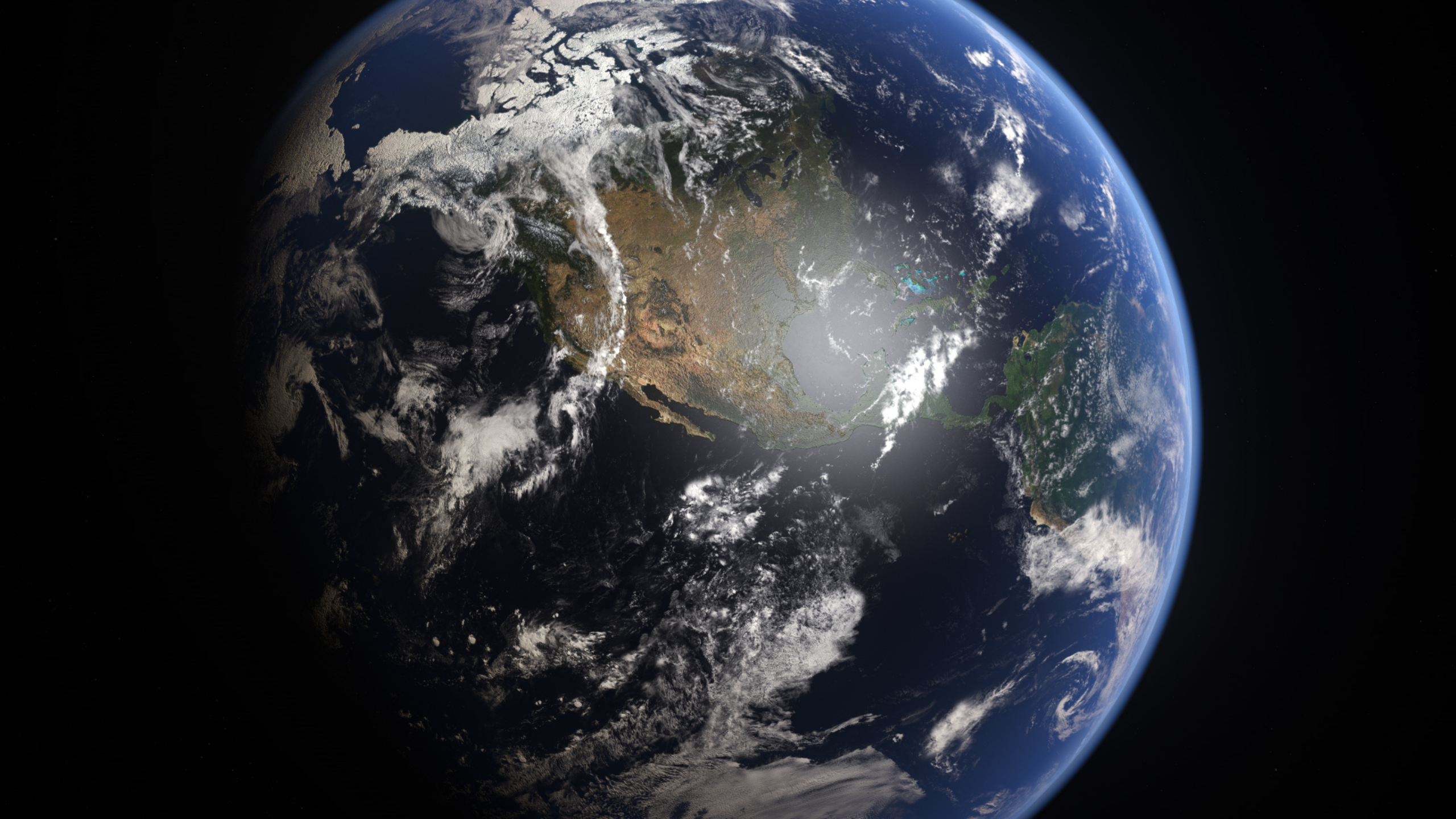Case study: Our Planet
How Our Planet became the first environmental documentary to explicitly call for behaviour change

Interviewee: Keith Scholey
Executive producer Keith Scholey explores how an enduring partnership with the World Wildlife Fund allowed the series to drive and measure impact.
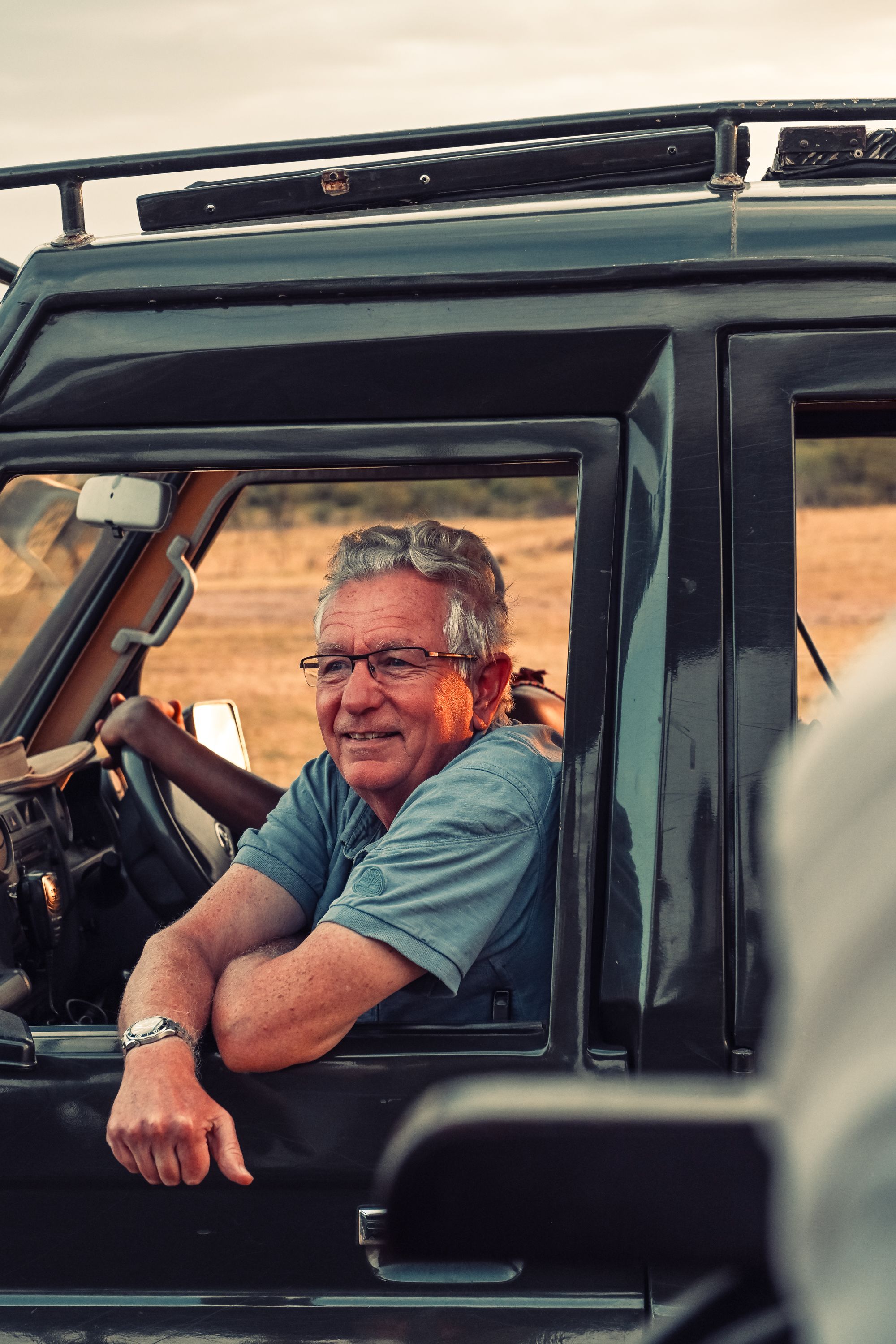
Taking green mainstream
Our Planet explicitly describes itself as “a global impact project”. Its mission, from the very initial stages of planning, was to develop a commercially successful and accessible series that would actively succeed in “mainstreaming green”, says the show’s executive producer Keith Scholey, founding director of Silverback Films.
The heart of the project was an eight-part original documentary series, developed in partnership with the World Wide Fund for Nature (WWF) and released on Netflix in April 2019. Our Planet consciously used storytelling strategies that would feel familiar to consumers of previous large-scale and science-based documentaries, such as Planet Earth and Blue Planet.
But Our Planet, to a far greater degree than these precursor shows, carried an explicit environmental message with a clear focus on solutions and behaviour change.
The series was originally conceived by Scholey with Alastair Fothergill. Both are trained zoologists and BBC Natural History Unit veterans who acted as joint executive producers for the project. The eight episodes of Our Planet were narrated by Sir David Attenborough and filmed by a crew of 600 people in 50 countries.
Netflix estimates the series was watched by 25 million people within the first month of its release and had been viewed in more than 100 million households within a calendar year.
As part of the partnership with the production, WWF published a comprehensive impact report. This publication explores in detail the quantifiable impact the show had upon its huge, multi-national audience.
The impact report notes: “The global reach of Netflix — and translation of the series into over 20 languages — provided a unique opportunity for Our Planet to penetrate markets that had previously had less access to landmark natural history series.”
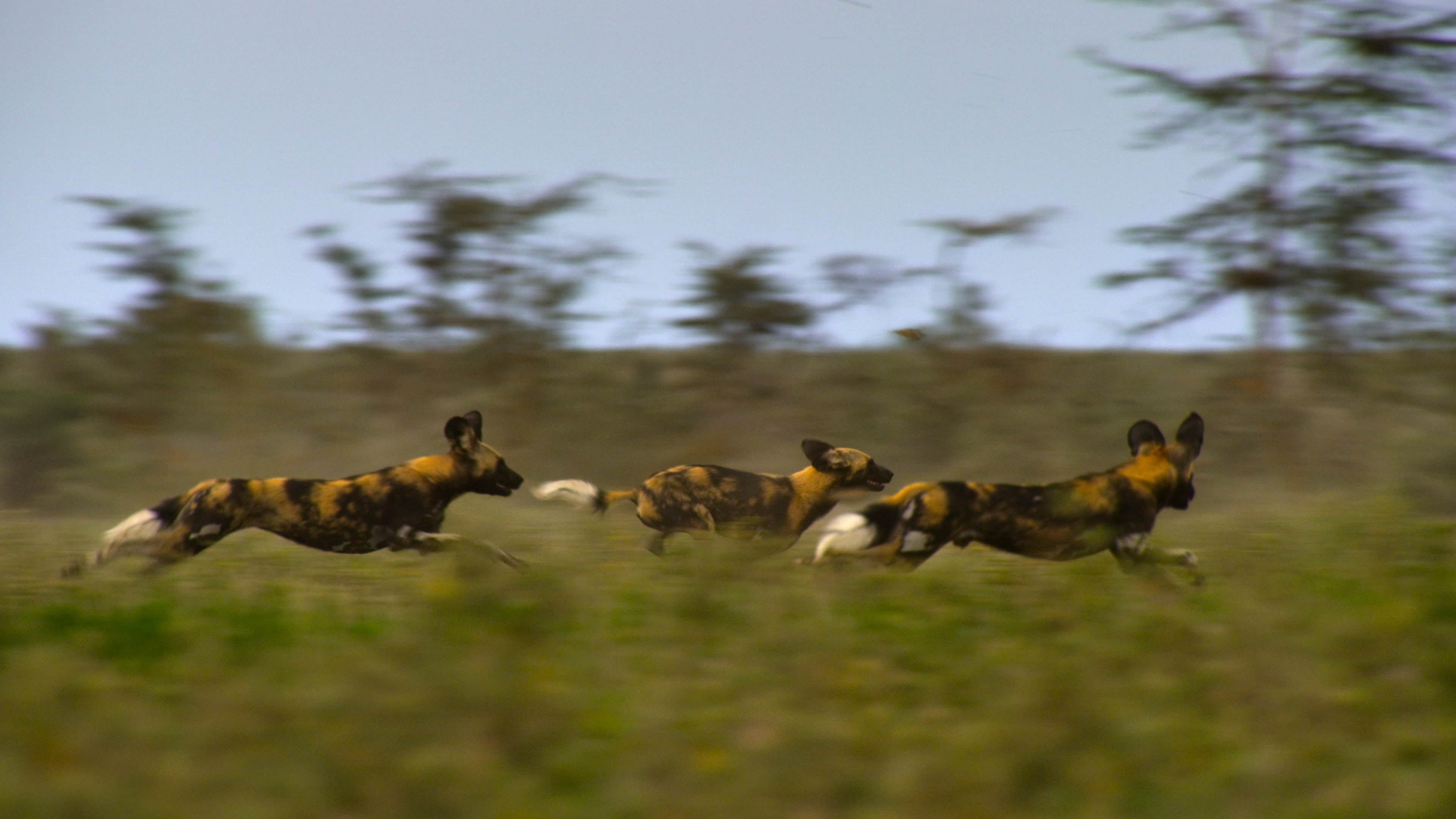
Communicating the science
Scholey explains that Our Planet was influenced by a dissatisfaction with existing science and environmental programming:
“There was always a recurring and big problem: if you go in hard at an environmental issue, you end up preaching to a small audience and you preach to the converted,” he says.
“Our Planet wanted to do the opposite of that. We wanted to create a global landmark show that would secure a big audience, but then drive through the story of our time — which is the environmental crisis. Because no one had done that in a serious, coordinated way.”
At the start of his career, Scholey earned an undergraduate degree and a PhD in Zoology at the University of Bristol. He then joined the BBC Natural History Unit as a researcher, before working his way up to become the Head of the Unit. In 2012, Scholey and Alastair Fothergill founded Silverback Films, an independent Bristol-based film production company.
“At the start of the journey, we concentrated on how to move the dial in terms of people actually understanding the environmental crisis,” Scholey says. “But we also pressed home that the crisis itself is unnecessary. It’s born of human behaviour: of over-consumption of the planet’s resources and encroachment into the planet’s most delicate ecosystems.”
Scholey ultimately views climate change as a crisis of communication, rather than one of science.
“We know everything we need to know about the climate from a scientific perspective. But the failure to communicate the scale of the problem and the urgency of it — that’s something we're still failing massively on.”
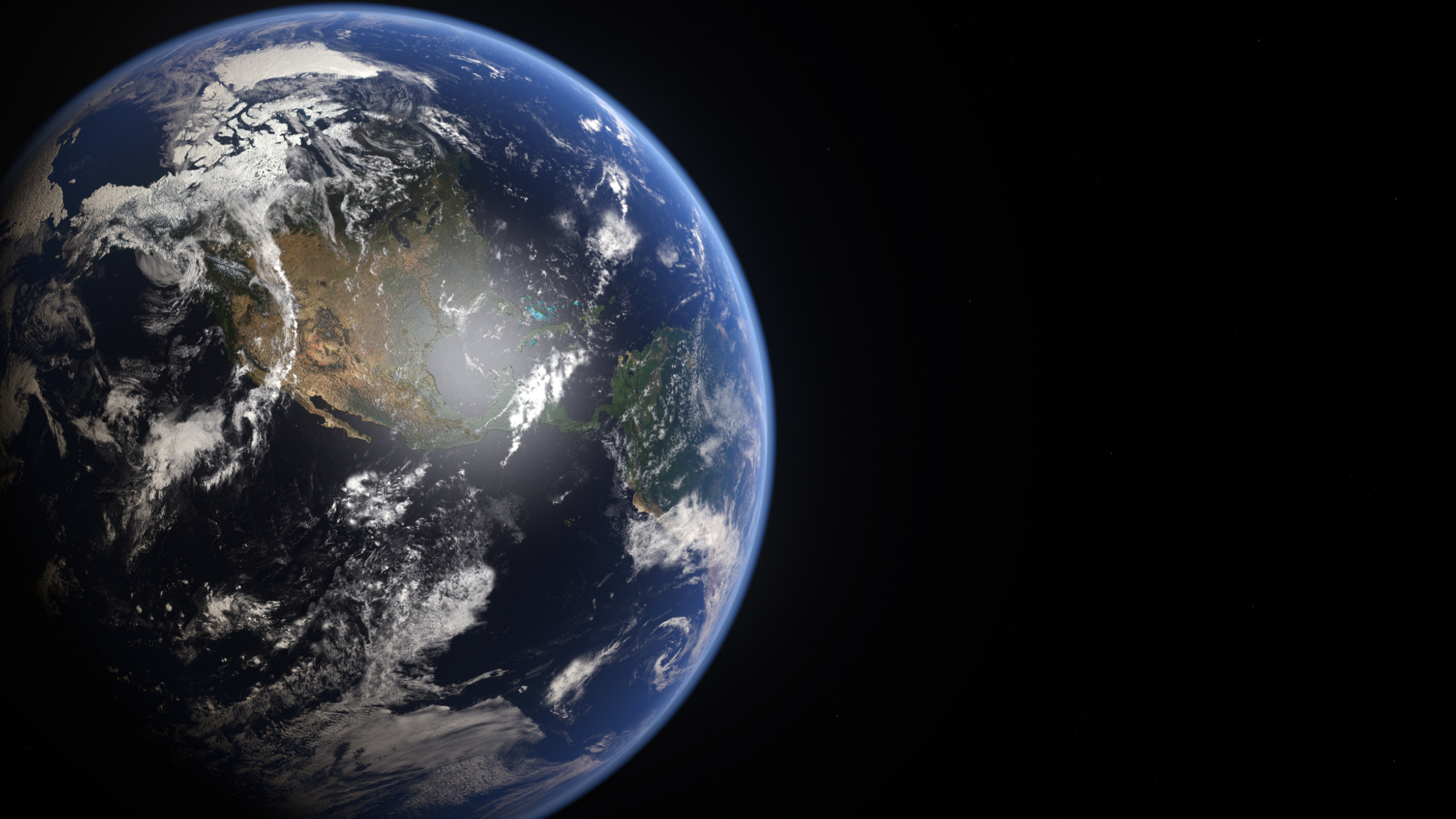
A strategy focused on solutions
Our Planet was arguably the first major nature documentary series to not only highlight pressing environmental issues, but also suggest solutions.
“Until recently, there was a hesitancy in the nature documentary sector to include explicit environmental narratives in shows like Our Planet,” says Scholey. “But there has been increasing criticism that the genre was failing to directly address the critical situation that nature faces, and was indeed giving viewers a false impression that nature was thriving.”
In response, Our Planet directly placed an environmental message at the heart of the narrative in each episode — a message with a pointed focus.
“We decided to construct each programme around one issue,” Scholey says. “In the past when we’ve tried to make a programme about the oceans, and we’ve consulted with scientists about how best to do this, they’ve thrown all sorts of problems at us. We decided, on this occasion: ‘No. We're just going to focus on one issue.’”
This singular approach meant that each episode was also able to present and explore a specific solution.
“We wanted to bring focus to the discussion,” Scholey says. “What's the issue? And therefore, what’s the solution? There was a really clear comparable objective for each episode. For example, in the case of coasts, the solution is to stymie our reliance on intensive fishing.”
The WWF impact report states that as a result of watching the show, viewers demonstrated a “high recall of facts related to the interconnectedness of nature and extent of wildlife loss in recent decades”. Surveyed viewers also showed “a more sophisticated understanding” of climate change and its complexity.
But as we’ll explore later, Our Planet didn’t just make viewers more informed about the realities of climate change. This understanding ultimately changed their behaviour too.
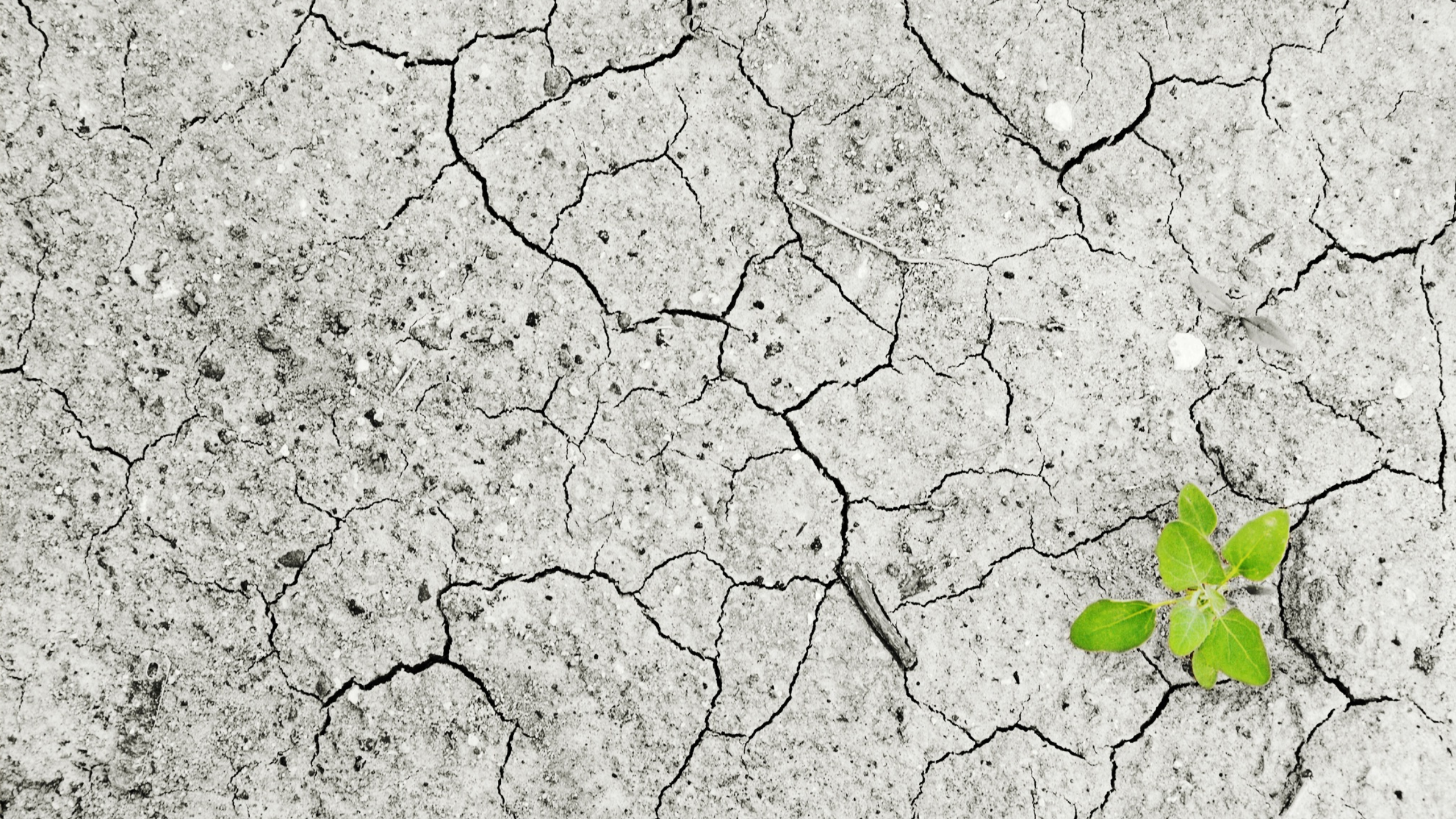
Accessibility and action
To create its intended social impact, Our Planet had to be able to make complicated, ancient and minutely weighted ecosystems understandable to people who have no grounding in science.
The first episode of the series was titled “One Planet: Connectedness”. As the name suggests, this opening episode demonstrated the links between Earth’s different ecosystems – and, ultimately, how they’re increasingly affected by human behaviour.
The episode communicates this message with technologically advanced filmmaking and photography from some of the world’s best camera operators, supported by an original orchestral score and Sir David Attenborough’s iconic narration.
As the series continues, every episode explores a separate biome — including jungles, grasslands and coastal seas — and the common threats each faces from human consumerism.
“Again, the challenge is one of focus,” Scholey says. “If you try to make the story complicated, then the solutions also become very complicated. You run the risk of audiences losing the will to live. People often get overloaded with complexity or become engaged by smaller issues which can then lead to the wrong conclusions or total despair.
“If you’re able to craft a very clearly expressed point, then you can turn that into action. And often, the principles are not complicated. [The solution] could be as simple as a piece of legislation. We just need to find a way to ensure the audience understands that.”
Scholey’s own grounding in science came to the fore here.
“I started my career studying zoology and the knowledge and skills I gained from the study of science is something I’ve always fallen back on. I did so here when we were consulting with scientists about how best to communicate these issues,” he says.
“Researching a PhD is in some ways comparable to filmmaking: you come up with your own thesis based on facts and then you find the best way to clearly communicate it."

The power of partnerships
From the outset, Our Planet was designed as a screen-based media project that would work in conjunction with credible and capable stakeholders in the environmental sector.
By forming a partnership with WWF early on in the production process, Silverback Films gained access to WWF’s consulting environmental scientists, as well as the Fund’s network of environmental activists and affiliated campaign groups. Building on the strength of these connections, Silverback then approached Netflix as a broadcasting partner.
These relationships were crucial to the show’s ability to drive and measure impact. They enabled the series to reach people at scale and gave the production access to specific, influential audiences — for example, delegates at the COP26 summit or (as we’ll discuss below) The World Economic Forum in Davos.
Silverback’s partnerships also assisted the creation of materials to support the show. From inception, the Our Planet series was conceived to play an integral role within a wider suite of content, hosted on ourplanet.com. At Silverback Films, this content was internally known as the “Halo”.
Over time, the Halo grew to include: supplemental digital content; two books; an immersive digital experience; a comprehensive educational programme; an app; and two standalone, medium-format films, specifically aimed at business and leadership audiences.
WWF took responsibility for tracking and measuring social media engagement around the film. It also provided visitors to ourplanet.com with geo-targeted links to local WWF offices, which then suggested follow-up actions, based on audience location. The latter ranged from advice on sustainable living to specific advocacy actions the public could take.
The WWF impact report found that viewers of Our Planet noticed significant changes in their own perceptions and behaviour as a result of watching the series and reflecting on its messaging. Behaviour changes around food were noted as a key outcome of Our Planet. Viewers reported that they ate less meat, stopped buying palm oil products, and reduced food waste after viewing the series.
They also self-reported a higher focus on recycling packaging and cutting down on plastic products.

The importance of reaching the right people
Our Planet employed impact producers, working under the aegis of the WWF, who specifically sought to ensure the series was viewed by business and government leaders.
“Our strategy when it came to the audience was always two-pronged,” says Scholey. “We wanted to reach as many people as possible, but also, reach some very specific people — who we targeted first as a key audience.”
Scholey continues: “We decided to take Our Planet to key leader groups. If you can influence leaders in business and leadership in government, then you’re able to drive impact in a really clear and direct way.”
Before Our Planet launched on Netflix, it was screened for delegates at The World Economic Forum at Davos.
“A lot of people in the conservation movement would have you think that something like The World Economic Forum is the seat of the devil, and you wouldn’t want to go anywhere near that,” Scholey says.
“We quickly learned that if you want to really change things, you have to get into the heart of business. We were really clear about that and it was an integral part of Our Planet from the off.”
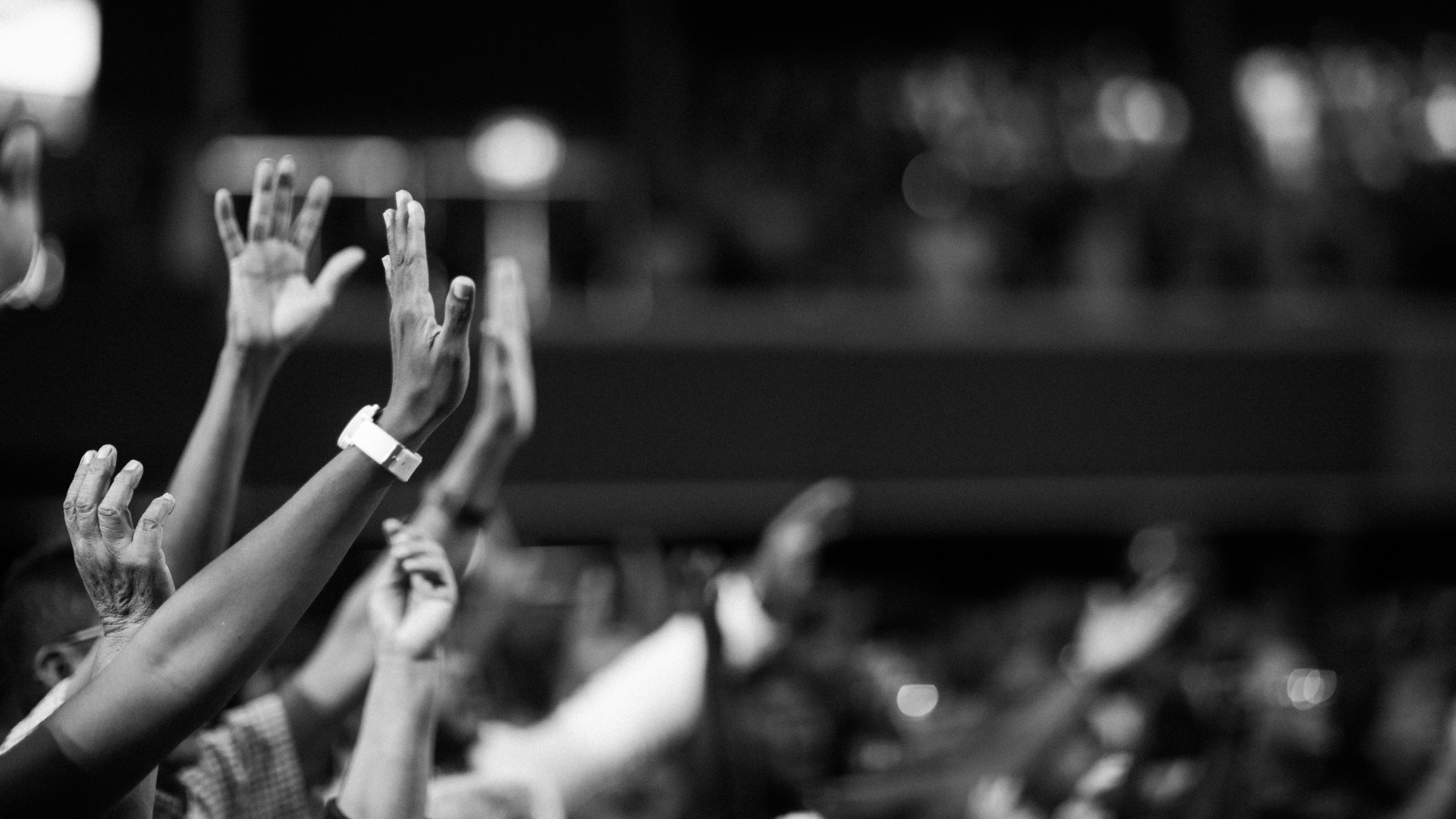
A universal issue
Looking back, what has Scholey learnt from the creation of Our Planet? And what can SIE practitioners do now to keep driving the change the world needs?
“When we’re facing something as massive as climate change, the creative sector should aim to permeate our whole culture,” says Scholey.
“Before Don’t Look Up, can you name a feature film that explores the potential impact of the environmental crisis?” he asks. “Can you name a famous drama serial which is about this current crisis? Can you name a popular song that is about this crisis?
“We have to communicate the climate crisis across the entire breadth of our culture. If it just sits in one little neck of the woods, it's just going to sit there. It has to permeate everything; in music, in drama, in every visual culture. Climate remains in this little ghetto of communication. And that's one of the major problems we actually face. But it’s entirely in the hands of our sector to change that.”
